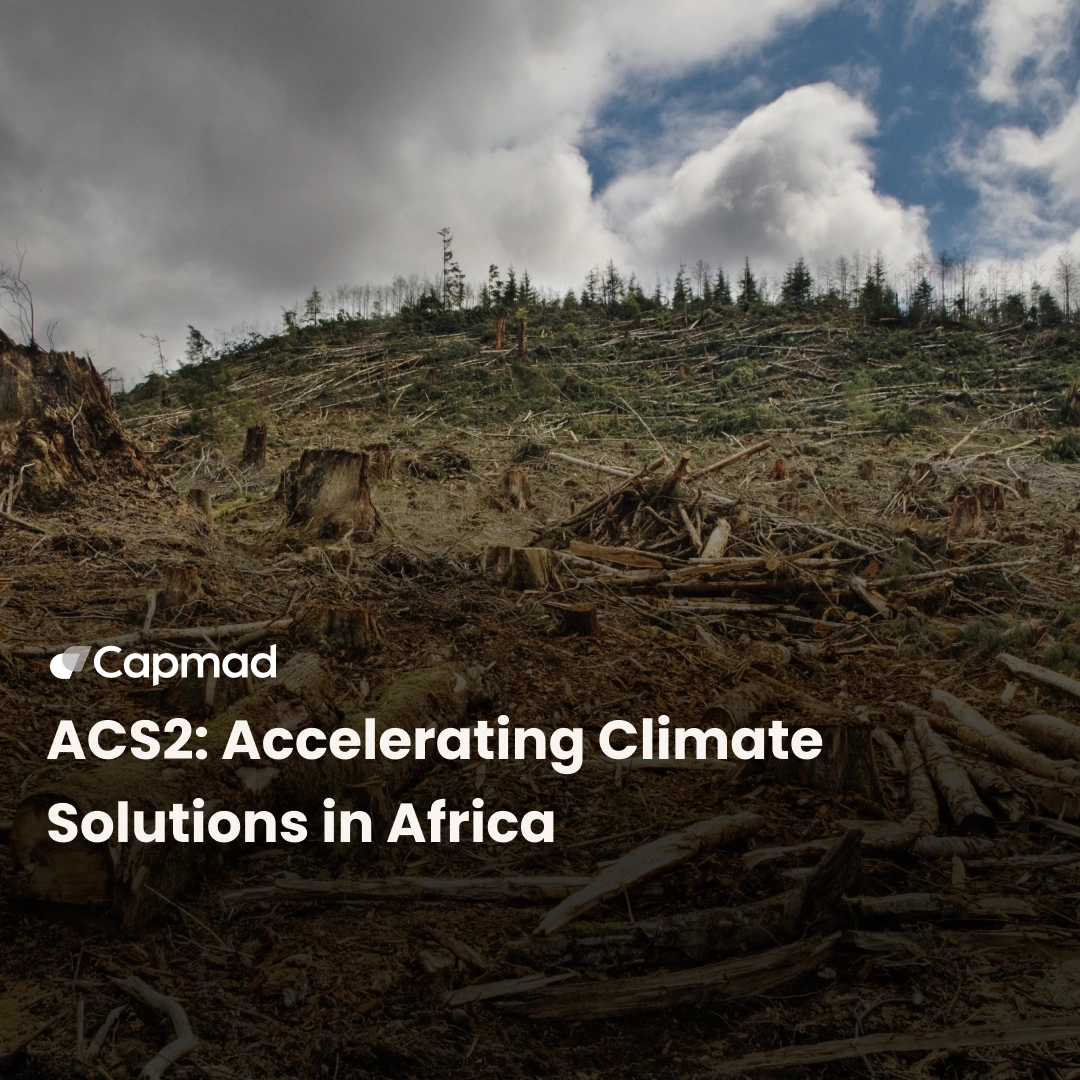To maximize the use of sustainable energy in Zambia, the government is actively developing investment strategies and policies. This includes the implementation of natural resource accounting and the signing of agreements with several foreign companies.
Renewable Energy Potential in Zambia
Hydropower: An important source of energy
Zambia has comparative advantages in renewable energy. The country has the potential to generate up to 2,300 MW of solar energy, 3,000 MW of wind energy, and 2,800 MW of hydropower. Hydropower remains the primary source of electricity, accounting for 85 % of total production. Currently, only 31 % of Zambia’s population has access to electricity infrastructure. However, power generation faces significant challenges.
First, climate change has a direct impact on hydropower, with unpredictable fluctuations in the rainy season disrupting energy production. Second, power outages of up to 12 hours per day are common due to very low water levels at certain dams, such as the Kariba Dam.
Initiative to Enhance Access to Clean Energy: Environmental Accounting
The country’s natural resources, including renewable energy, contribute to 40 % of its growth. In 2016, the Ministry of Finance and Planning established a natural capital accounting system for the country. This system focuses on two main aspects: prioritizing environmental degradation in government strategies, and optimizing the use of natural capital.
Natural capital accounting is a tool to provide more detailed information to investors. For example, accounts for forestry, water and land were published in 2019. An account for tourism is being prepared, and accounts for energy and minerals are being developed.
During a recent event organized by the World Bank in Zambia on this topic, the Ministry of Finance and Planning, the Ministry of Water and Sanitation, the Ministry of Tourism, the Ministry of Green Economy and Environment, the Forestry Department, the University of Zambia, and the Copperbelt University graced the event with their presence. As part of the 8th National Development Plan (2022-2026), Zambia aims to put its natural capital on a par with economic and human development and good governance.
However, these projects face several challenges. For example, in the area of water resources accounting, the management and administration of financial resources is a major challenge. There is also a lack of expertise in this area, which underscores the urgent need to attract investment.
Investing in green energy
Developing public-private partnerships for sustainable energy
The government has adopted a private-sector-focused strategy to maximize the use of renewable energy sources. By 2030, solar, wind, hydroelectric, geothermal, and thermal parks will be established. Recently, investments in electrical infrastructure have been finalized with foreign partners: seven British companies have invested 2 billion USD, which could generate 1,500 MW of sustainable energy. Zesco and Masdar, state-owned companies from the United Arab Emirates, have also signed a 2 billion USD contract for a solar energy production project with a capacity of up to 2,000 MW.
According to the country’s president, these capital injections will triple Zambia’s electricity production. The call for other energy sources, such as solar and wind, aims to reduce dependence on hydroelectric power. Through ongoing partnerships, Zambia aims to access and position itself in the global energy market.
International Cooperation for Sustainable Energy Development
The United States and the Democratic Republic of the Congo signed an agreement with Zambia in the electric vehicle sector during a summit between American and African nations. The MOU aims to support Zambian industry in the electric vehicle production chain, including battery development, assembly, and raw materials extraction. American expertise and knowledge sharing will help strengthen the capabilities of Zambia’s human capital.
The Secretary of State, accompanied by the Vice President of the United States, visited Zambia to enhance regional security and foster diplomatic and economic partnerships. During the visit, Zambia hopes to use the meeting to promote the development of its energy sector.
While Zambia has advantages in the sustainable energy sector to attract potential investors, transparency in resource management and governance is essential for success.







